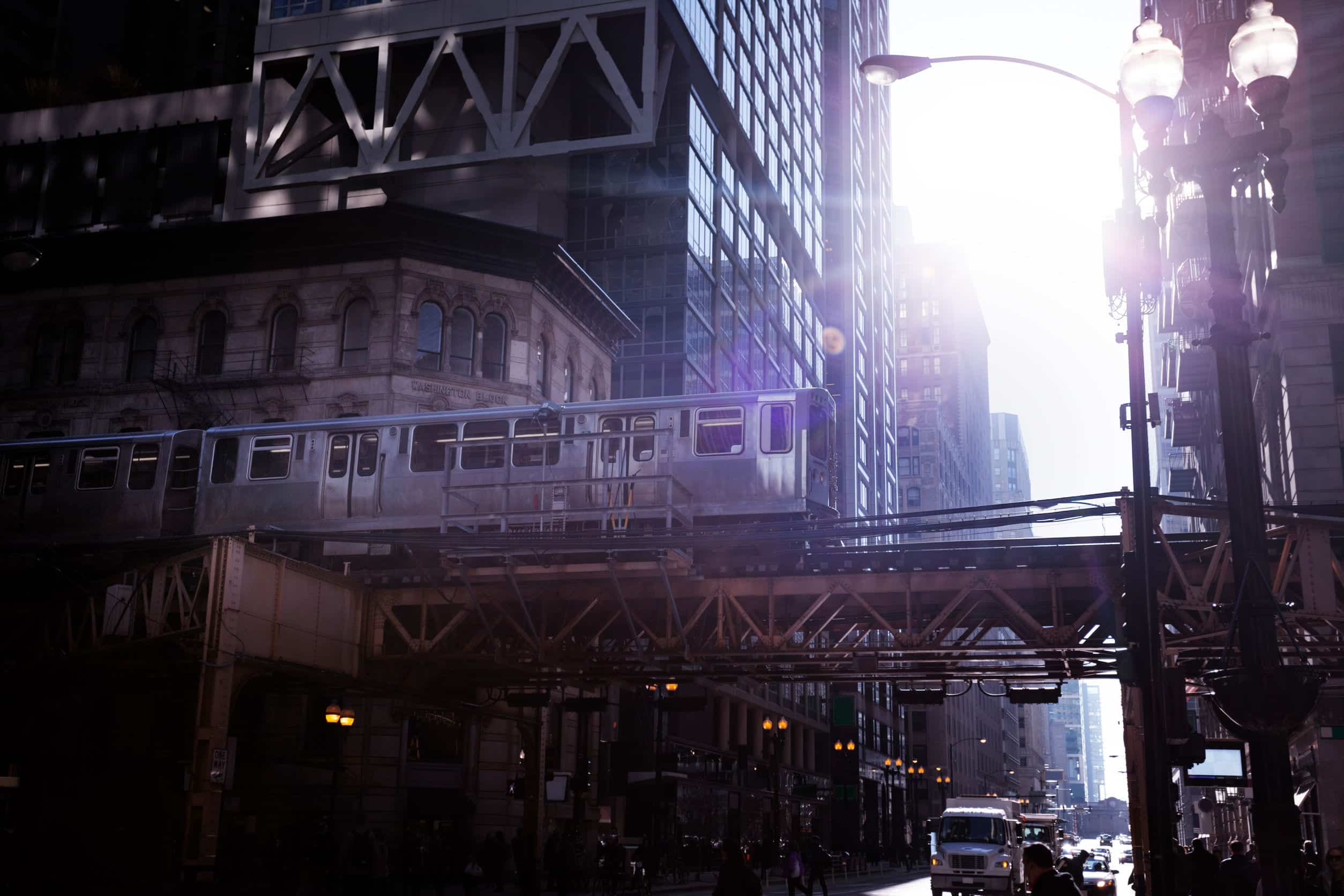- Home
- THE FIRM+
- Criminal Defense+
- CASE RESULTS
- AREAS WE SERVE+
- FAQ’s
- Blog
- Contact
AZHARI LLC BLOG

Posted By: Sami Azhari
Category:
Violent crime rates in Chicago Transit have doubled over the last six years. The increase in theft has grown by two-thirds. However, while crime has been steadily rising on the CTA, the arrest rates have dropped significantly.
A recent study performed on the Chicago Transit Authority discovered that 96% of theft cases did not result in an arrest. Of all the violent crimes reported on the CTA, police arrested someone only one-quarter of the time.
Obviously, this isn’t something that local law enforcement is going to stand for now that attention has been brought to the issue. The most likely result? Police are going to be paying a lot more attention to all kinds of crime on the CTA – particularly violent crime – and working hard to curb the epidemic.
On the one hand, this is good news – no one wants to be the victim of a crime when all they’re trying to do is get from one place to another. However, often an uptick in police patrols leads to overzealous policing, with far too many people getting caught in the crossfire. If you are charged with a violent crime, what should you expect? What do you need to know?
What Exactly Is A Violent Crime in Illinois?
There are two different general categories of crimes – property crimes and crimes of violence. According to the statute, a violent crime is an act of purposeful bodily harm or the threat of violence while a crime is being committed. This harm can come through weapons, physical aggression, or poison. Even the use of a handgun to threaten or coerce another person is considered an act of violence. It’s also possible for a property crime to become a crime of violence if it leads to an altercation with another individual.
Some of these crimes can be counted a felony and will carry a prison sentence of a year or more. Examples of violent crimes include:
Most often, physical injury or death is the result of a violent crime.
What Are the Consequences for Violent Crimes in Illinois?
The consequences of violent crimes vary based on the specific nature of the crimes that are being charged. Factors can include the nature of the offense, victim vulnerability, and criminal history.
While some violent crimes are misdemeanors that may not even come with jail time, felonies such as murder can result in life in prison. A knowledgeable Chicago lawyer will be best able to advise you on your specific situation. Most violent crimes are considered felonies.
Does Theft in Chicago Carry Heavy Consequences?
According to Illinois Law, the punishment for theft for property worth less than $500 is considered a Class A misdemeanor, which is known as petty theft. Usually, the sentencing is a fine, and sometimes a one-year jail sentence. There may also be repayment for victim losses, depending on the case factors.
Much of the theft conducted on the CTA is person-to-person, which is considered a class 2 felony theft. When property is taken from another person, the sentence is heavier and becomes a Class 2 felony. This results in imprisonment of three to seven years, and sometimes a fee of $25,000.
Additionally, remember that it is all too easy for theft to turn into a violent crime if it results in an altercation between the perpetrator and the victim. When that happens, the charges will depend on how the altercation unfolds.
What Areas of the CTA Have the Highest Rate of Crimes?
All 15 CTA rapid-transition stations have seen violent crimes, but the highest rate of violent crimes occurred at Jackson station, consisting of 253 violent incidents.
For theft crimes, Clark (Lake) led the way with over 600 reported thefts. Keep in mind, these are only the reported crimes – many more likely occurred.
Do not let yourself get caught up in the crackdown. If you are charged, you need to understand how serious the penalties can be and work quickly to build the strongest defense possible.
Secure a Seasoned Defense Against Violent Crime Charges in Chicago
As violent crimes on the Chicago Transit Authority (CTA) continue to rise, the response from law enforcement is likely to intensify. This increased scrutiny could lead to higher arrest rates and more aggressive policing. If you find yourself accused of a violent crime, understanding the charges and potential consequences is crucial. Don’t face these serious allegations alone. Contact a knowledgeable Chicago defense attorney who can provide expert guidance and help you navigate the complexities of the legal system.
About the Author
Sami Azhari has been working as a lawyer since 2007, after receiving his Juris Doctor from the Michigan State University College of Law. He has handled numerous state and federal cases, and is known throughout the Chicago and Rolling Meadows area for providing his clients with high-quality, skilled representation. He has been recognized by SuperLawyers, the National Trial Lawyers Association, and other notable organizations, and has spoken at a number of legal conferences.


























































